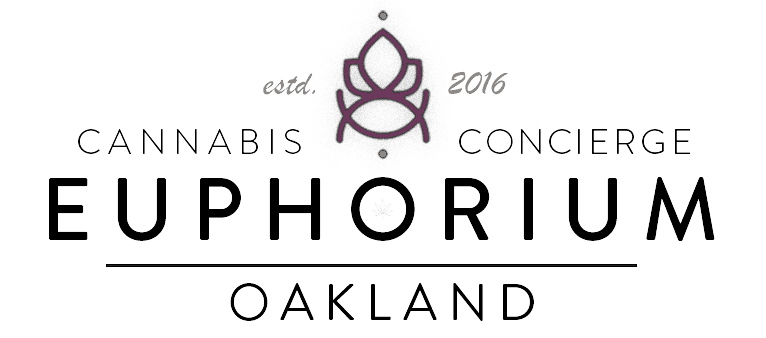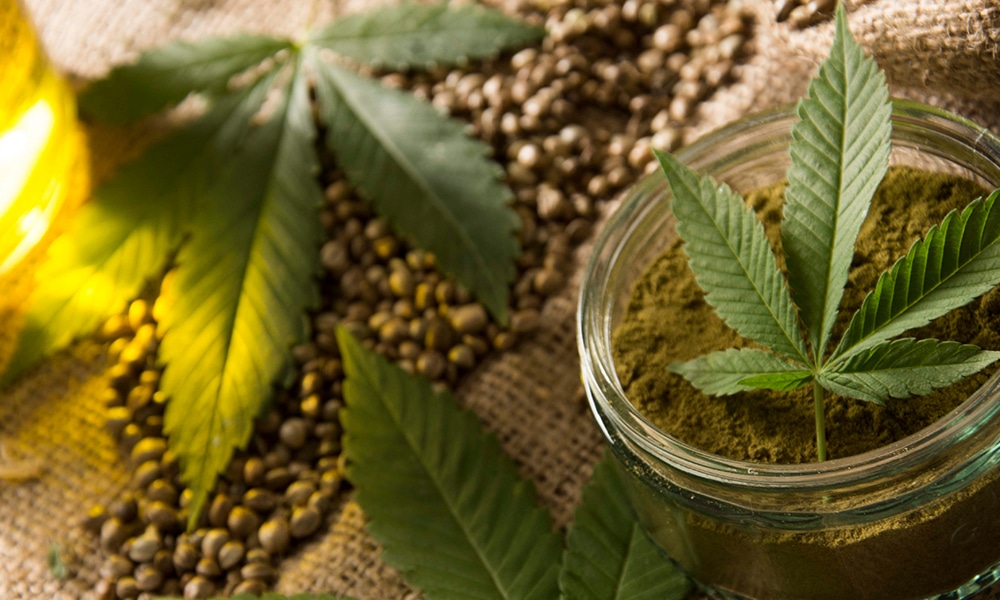Not all CBD products are created equal. Some are made from hemp, an industrial plant grown primarily for their fibers and seeds. Others are made from cannabis plants, cultivated and grown for the intoxicating and medically beneficial properties in their leaves and flowers. Understanding the differences hemp CBD vs Cannabis CBD before deciding to include it into your life is a best practice.
Technically, the hemp plant is a variety of the cannabis plant, so hemp CBD and cannabis CBD have more commonalities than differences. But because of the differences in the way the plants are grown—and the purposes they’re grown for—the two types of products have some key differences.
The Chemistry
Before you compare hemp CBD to cannabis CBD, you have to understand that while CBD—cannabidiol—is the primary active chemical in these products, it’s not the only one.
If you choose a CBD product that’s labeled as isolate, the only active ingredient is the CBD itself. That means no THC, terpenes, or other cannabinoids. An isolate CBD product made from hemp should be chemically the same as one made from cannabis. However, full-spectrum CBD products are different.
The Full Spectrum Difference
Full-spectrum CBD contains all of the active chemical compounds of the source plant.
Hemp plants, as industrial products, have much less resin than cannabis plants. Resin is the sticky crystal-like substance that contains most of the THC and terpenes in cannabis. By law, hemp products can contain no more than 0.3% THC, so an extract of hemp will contain hardly any.
Full-spectrum cannabis CBD may contain more THC and is likely to contain more terpenes, the aromatic oils that give different cannabis strains their therapeutic and aromatic profiles.
This richer chemical makeup is why some CBD users seek out full-spectrum products. The THC and terpenes interact with the CBD to enhance its impact, creating what industry insiders call the “entourage effect.” Many people find that if they’re taking CBD for symptom relief, a full-spectrum product is more effective.

The Regulations, or Lack Thereof
Because the hemp plant doesn’t contain the intoxicating THC, the US government doesn’t regulate it like it does cannabis. The benefit is that you can buy it in many places where cannabis is illegal. You can get a CBD supplement in an ordinary store or even online, all without having to show proof of age.
Just because you can buy it almost anywhere, though, doesn’t mean you should. Because hemp CBD is unregulated, it has a higher risk of contamination, especially if it comes from overseas.
That doesn’t mean you shouldn’t buy it at all, but it does mean you should do your research. If you buy hemp CBD, make sure that the grower doesn’t use pesticides and a third-party company has tested the product for impurities.
Buying from Dispensaries
In California, if you walk into a dispensary and buy CBD, you’re getting cannabis CBD. The California Department of Public Health (CDPH) only allows licensed manufacturers to obtain CBD from licensed cultivators. Legal dispensaries have to get their CBD products from licensed manufacturers, so you won’t find hemp CBD in a California dispensary.
Cannabis law varies significantly state by state in the US, so ask your local dispensary owner what kind of CBD products they sell. They can help you understand the hemp CBD vs cannabis CBD debate and what it means for you.


